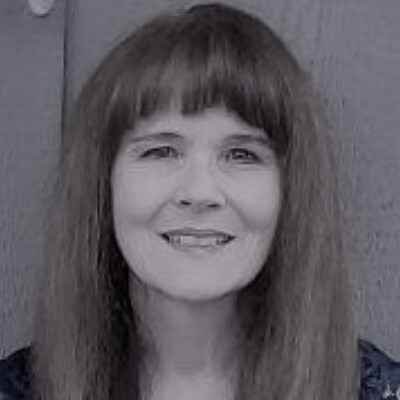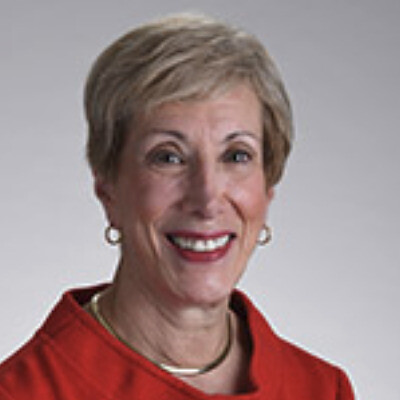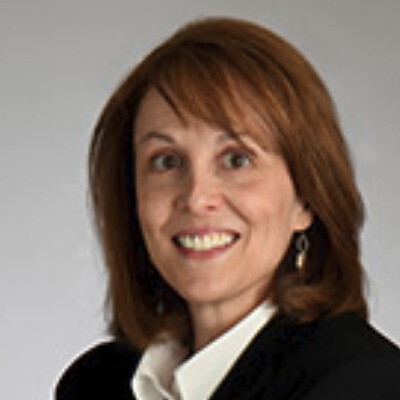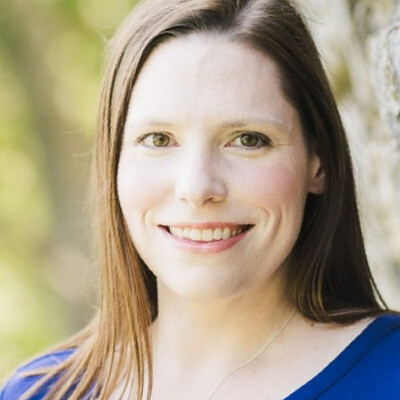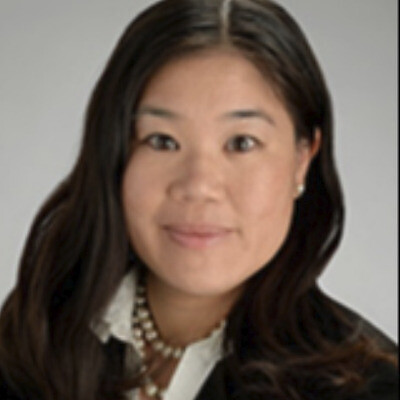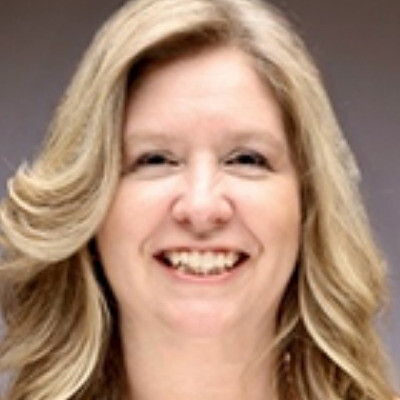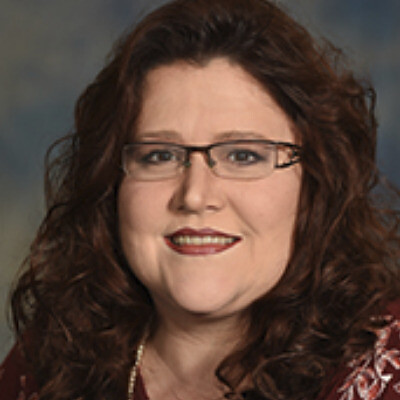Advancing Evidence-based Care with Nursing Home Residents: A Practice-education Partnership to Build an Age-friendly Kansas Nursing Workforce
Background: Like most states, Kansas has struggled to have enough well-trained nurses and nurse aides to staff our long-term care communities and due to a shortage of nursing faculty, Kansas lacks the capacity to educate enough new nurses to meet the demand for care. While we have effective, evidence-based geriatric models of care, we have a know-do gap in which less than 10 percent of older adults are reached who benefit from these models. A new statewide practice-education partnership between long-term care professionals and nurse educators seeks to advance 4Ms care, bridge the know-do gap, and build an age-friendly Kansas nursing workforce.
Design: The Kansas 4M Geriatrics Workforce Education Center partnered with the Kansas Nursing Workforce Center, Kansas Health Care Association, and University of Kansas Area Health Education Center to convene nurse educators and nursing home professionals across the state of Kansas to develop and integrate age-friendly and dementia-friendly didactic and clinical care learning opportunities into the curriculum. The overall goal is to increase the number of nurses who elect to practice in nursing homes after graduation.
On June 9, 2025, in Topeka, Kansas, over 50 nurse educators and nursing home professionals from rural and underserved communities across Kansas participated in-person and virtually in this inaugural Kansas Age-Friendly Nursing Workforce Forum. After a keynote presentation and fireside chat to introduce the Age-Friendly Health Systems (4Ms) framework: (what matters, medication, mentation, and mobility), participants broke into small groups that matched long-term care professionals with nurse educators.
Results: Data was collected through on-line polls, in vivo notetaking, collection of small group notes on large format easel pads, and post-forum evaluation using established evaluation instruments of the University of Kansas Area Health Education Center in their capacity as a Joint Accreditation for Interprofessional Continuing Education TM accredited provider. The Kansas 4M team is currently reviewing this data for themes to guide strategic planning for this statewide practice-education partnership.
Conclusion: Participants recognized the importance of advancing evidence-based Age-Friendly Health Systems care with nursing home residents and the need to develop intentional partnerships through trusting relationships and a shared language across practice and education settings to build an age-friendly Kansas nursing workforce.
Reflections: Health professions shortages combined with a growing aging population living with more chronic conditions requires a statewide, all sector strategy to prepare the current and future health, social, and supportive care workforce for age-friendly and dementia-friendly care with older adults.

